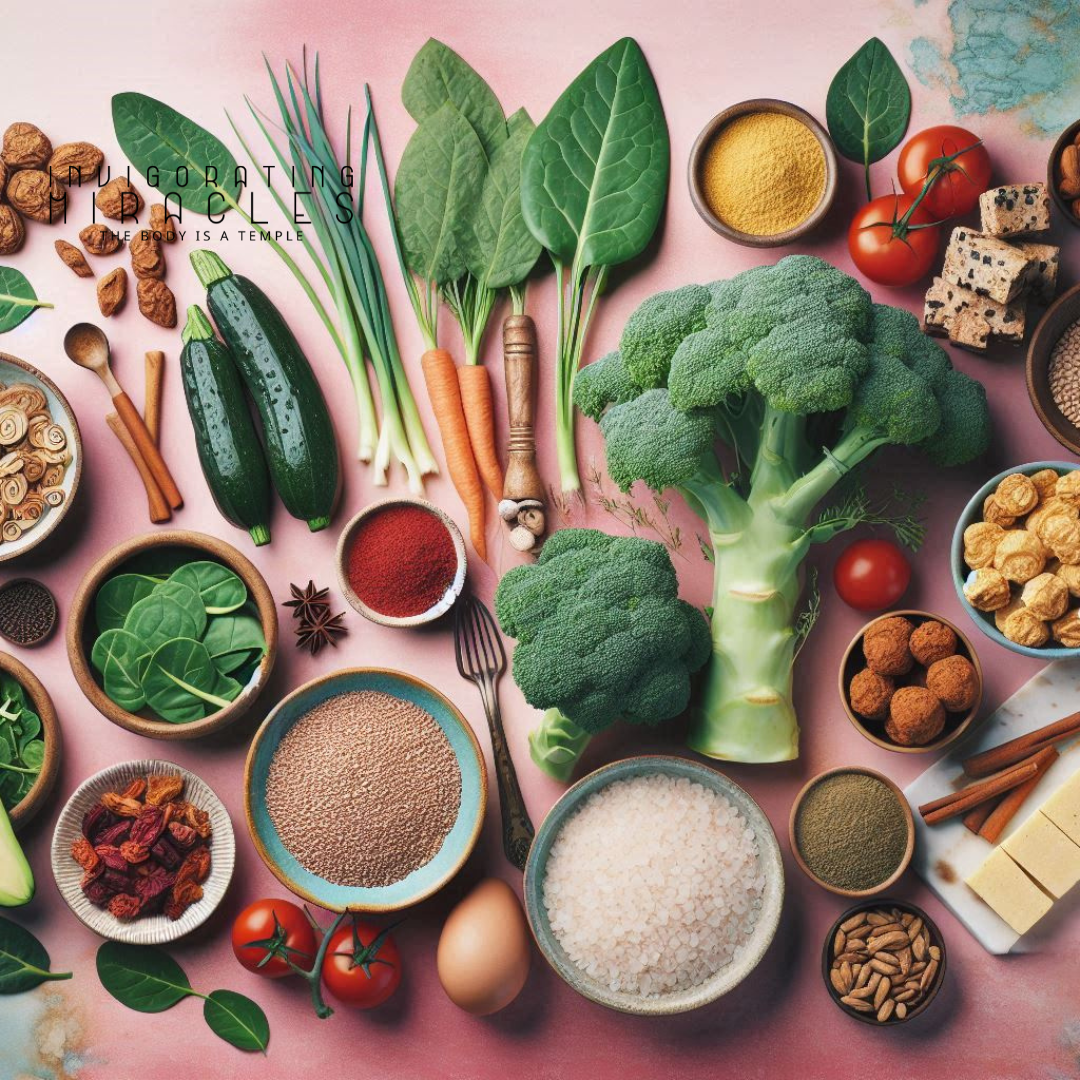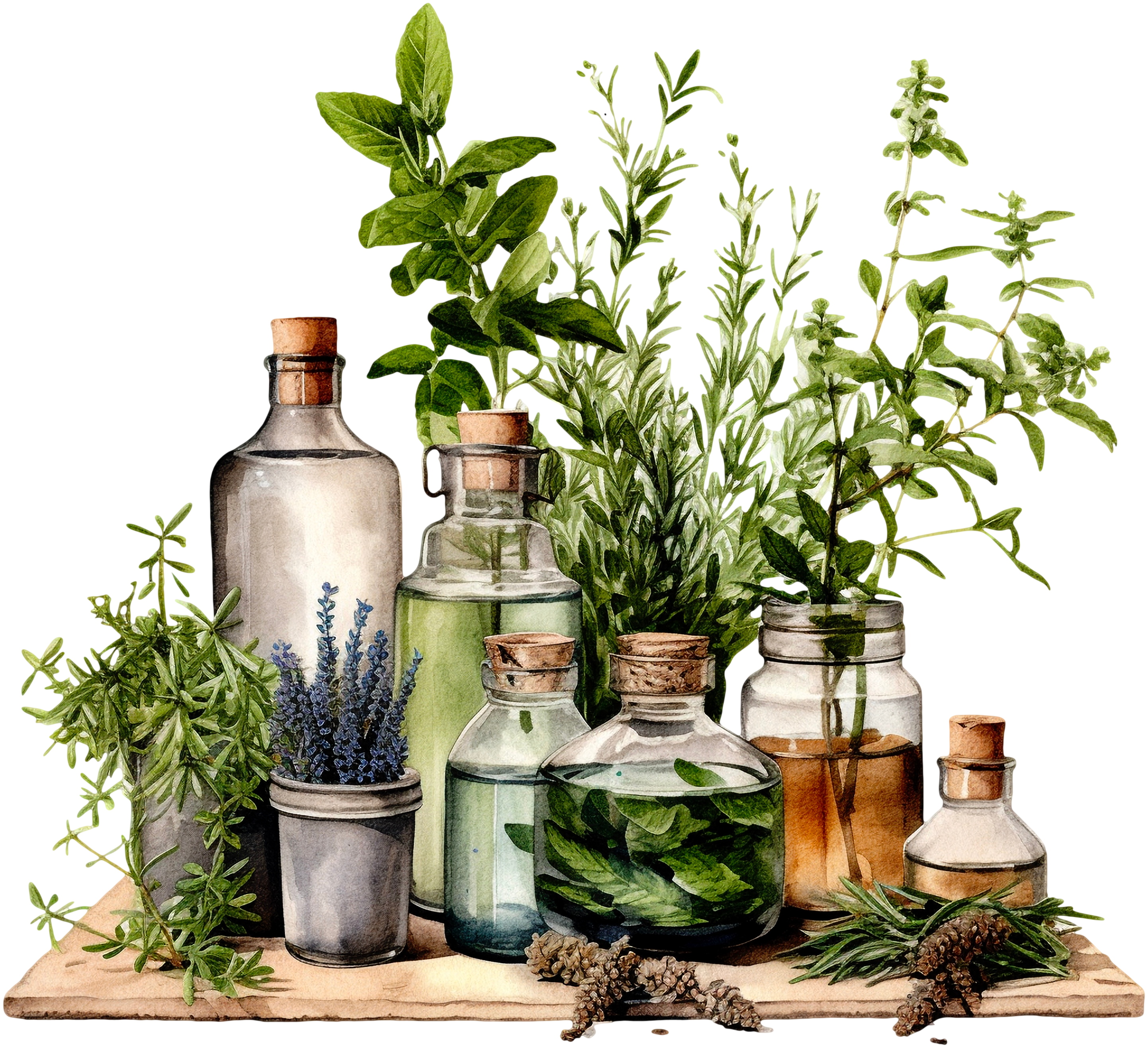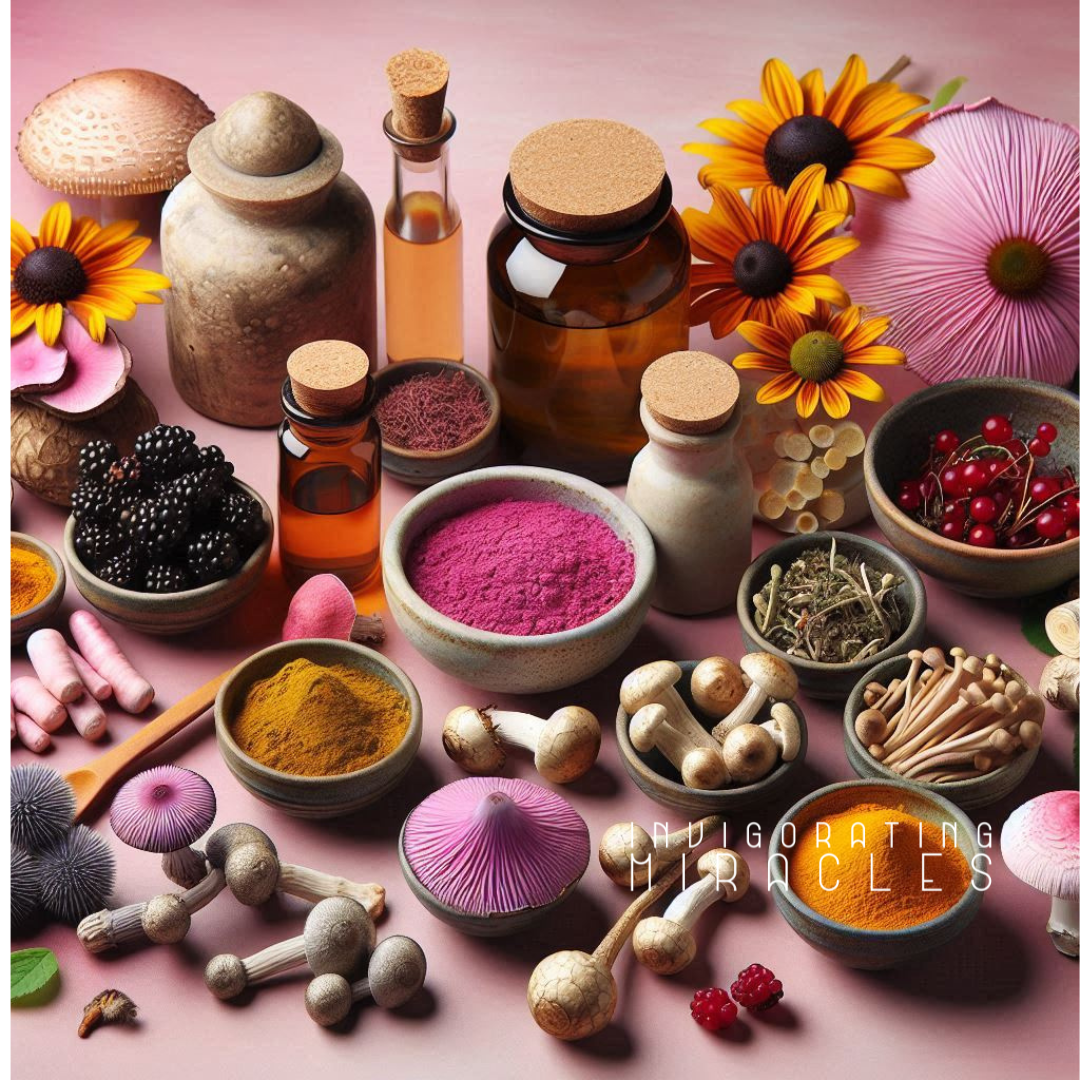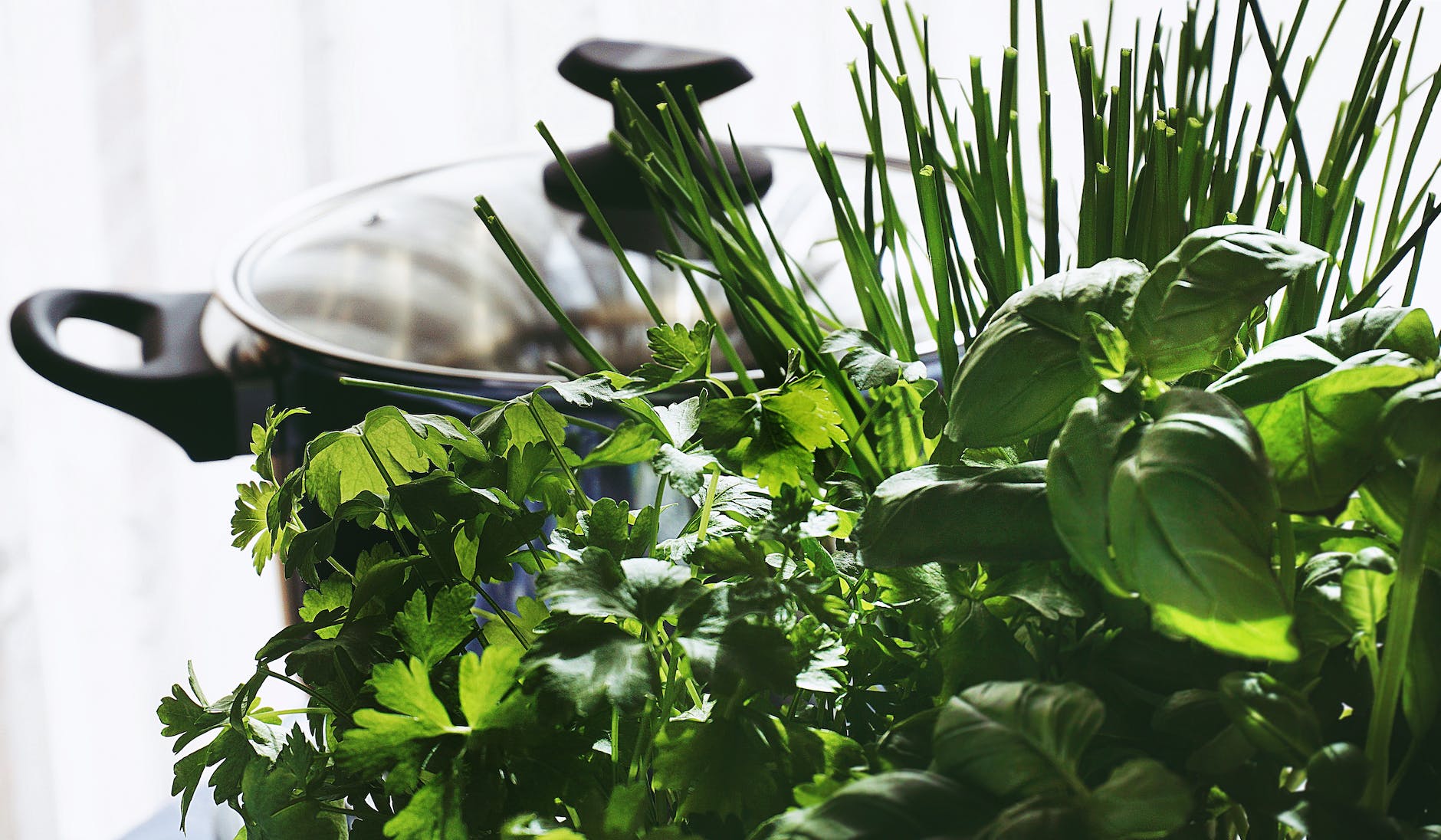
The Power of Plant Carbohydrates: A Beginner’s Guide
Hello, beautiful ladies on this self-love internal healing journey with me! Today, let’s dive into the world of plant carbohydrates and their role in our health and well-being.
The Importance of Carbohydrates
Carbohydrates, produced by plants during photosynthesis, are essential to our health. They provide us with energy, supply carbon for our metabolic pathways, and can be stored in our bodies as a reserve of energy. In addition, many plants offer us a source of fiber, which is now recognized as a crucial part of our diets. Fiber can help prevent various illnesses, support our gut flora, and assist in weight management.
Carbohydrates and Herbal Medicine
In herbal medicine, we don’t consume plants in the same way we do in our diets. A herbalist won’t prescribe a plate of herbs to eat three times a day! So, how do we benefit from the carbohydrates in the herbs we use?
While there are therapeutic carbohydrate compounds in herbs, not every herbal preparation will offer a good source of these beneficial carbohydrates. It’s important to remember this when choosing a herb for its carbohydrate compounds. Herbalists utilize plant carbohydrates differently than nutritionists. We focus more on their therapeutic actions, which can be beneficial even in smaller doses.
Oligosaccharides & Polysaccharides
Carbohydrates come in different forms, including oligosaccharides and polysaccharides. Both are composed of chains of sugars, but oligosaccharides contain less than ten sugars, while polysaccharides contain ten or more.
Some oligosaccharides are considered prebiotics, promoting the growth of good bacteria in our guts. Herbalists often utilize the roots of herbs like burdock, dandelion, and elecampane to access these oligosaccharides. These carbohydrates are most successfully extracted in water, making water-based preparations (infusions or decoctions) the most effective.
The Magic of Mucilage
Polysaccharides can be very long molecules, and in herbal medicine, we love the long polysaccharides that make certain plant parts mucilaginous. When wet, mucilage feels slimy, allowing the polysaccharides within it to coat any surface they touch. This coating can protect and soothe both externally on the skin and internally on the membranes lining our mouth, throat, and digestive system.
Herbs like marshmallows, Icelandic moss, slippery elm, carragheen, and psyllium seeds are rich in mucilage. Just like oligosaccharides, polysaccharides and mucilages are best extracted in water. For example, a decoction of marshmallow root boiled in water would offer more gut-soothing action than an alcoholic tincture of the same root.
Glycoproteins: The Future of Therapeutics?
Some polysaccharides are metabolized along with a protein to create glycoproteins. These compounds are thought to have numerous therapeutic potentials, including aiding in joint health and impacting our immune system.
In conclusion, while we may not consume herbs in the same way we eat our veggies, the carbohydrates in these plants still play a vital role in our health and wellness journey. As always, remember to love and nurture your body, because you deserve it! Stay tuned for more insights into the wonderful world of natural healing, follow this blog.
Ready to begin a self-love internal healing journey?
My name is Shamara Daniels and I am a natural health consultant for women. I focus on women’s stress disorders & addiction. Visit “The Self-Love Boutique” to begin your spiritually nourishing E-book journey. A journey that challenges you to become a better version of yourself every day. Be great not just today but every day & love thy self offensively to the 10th degree.








